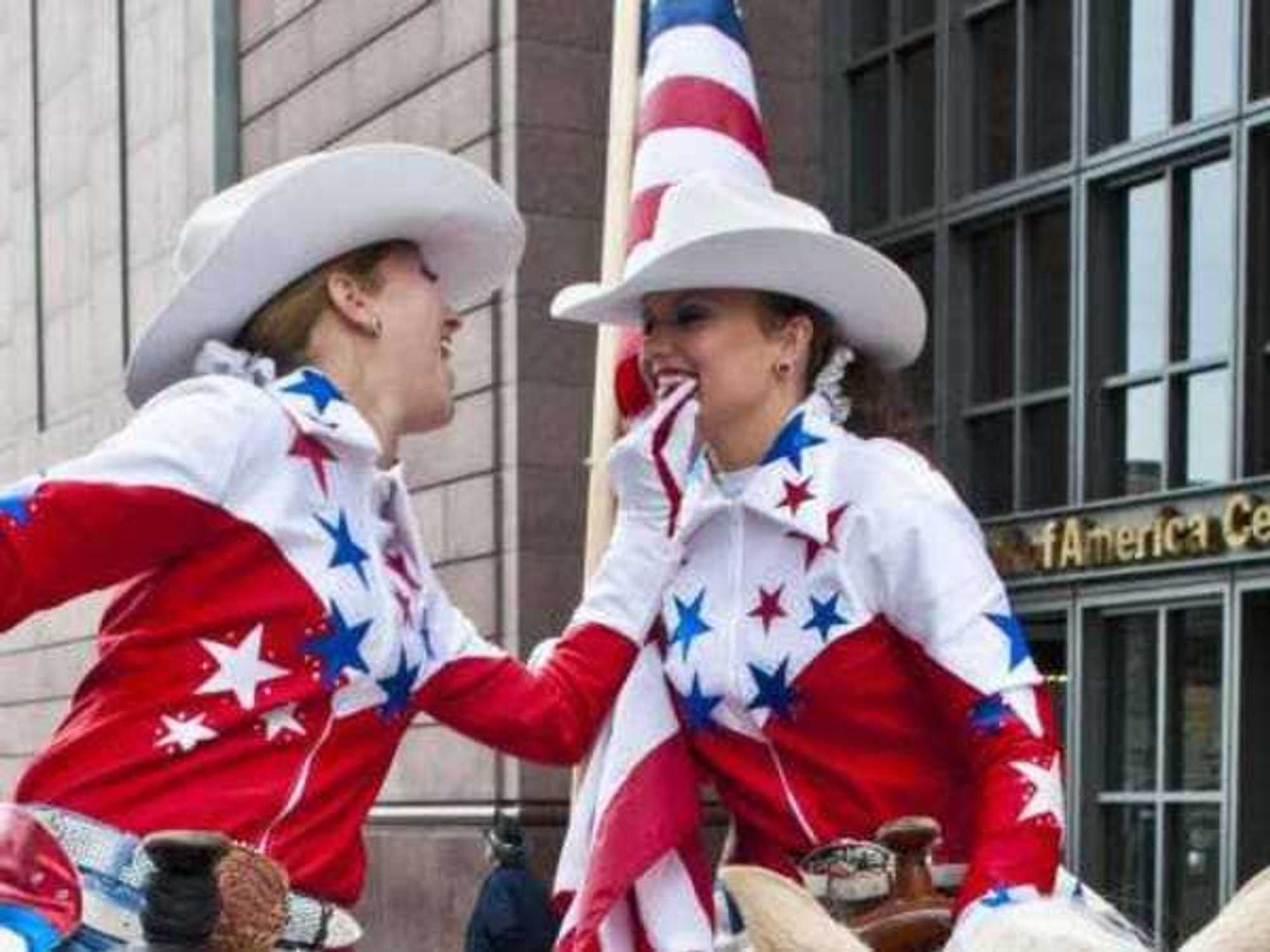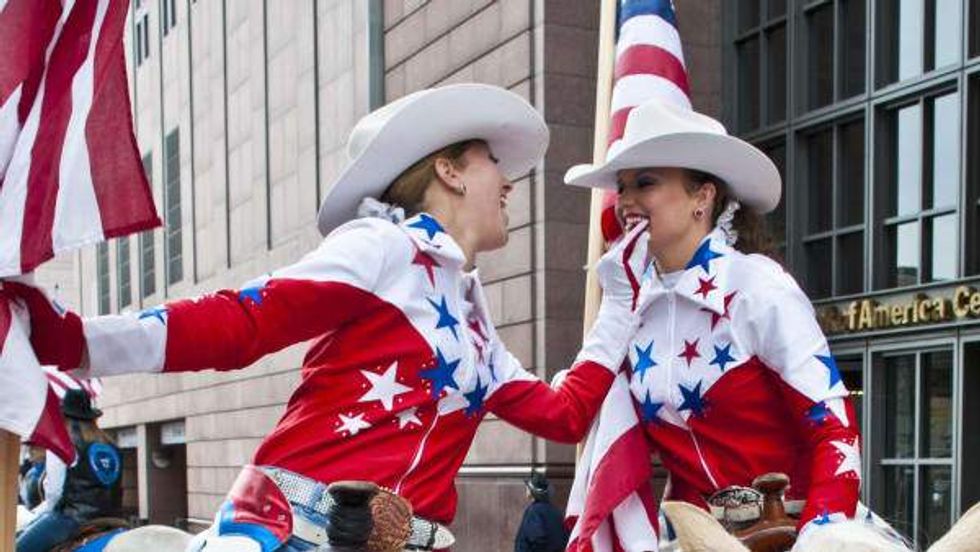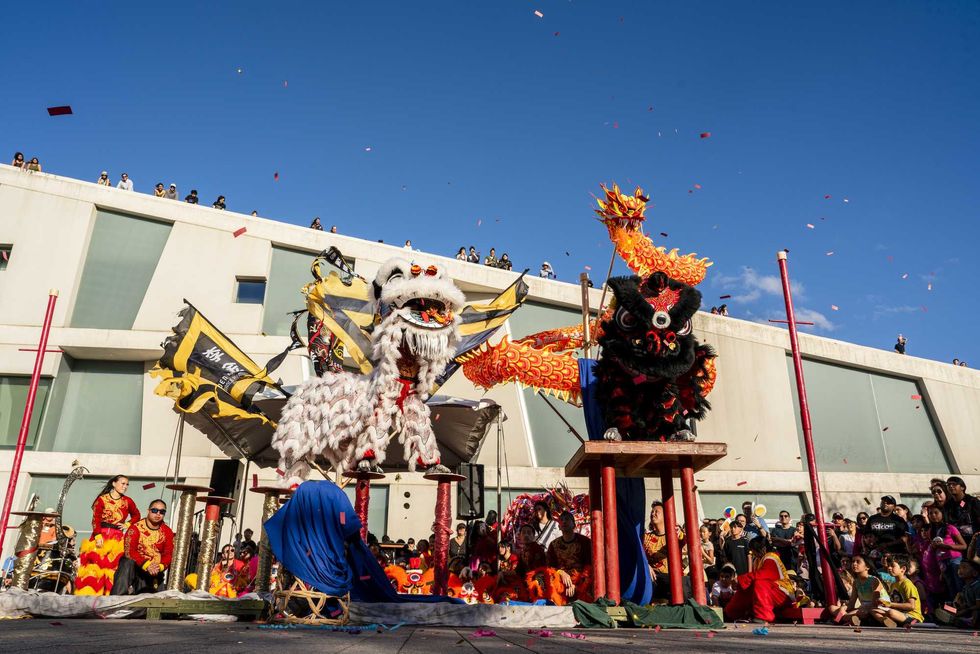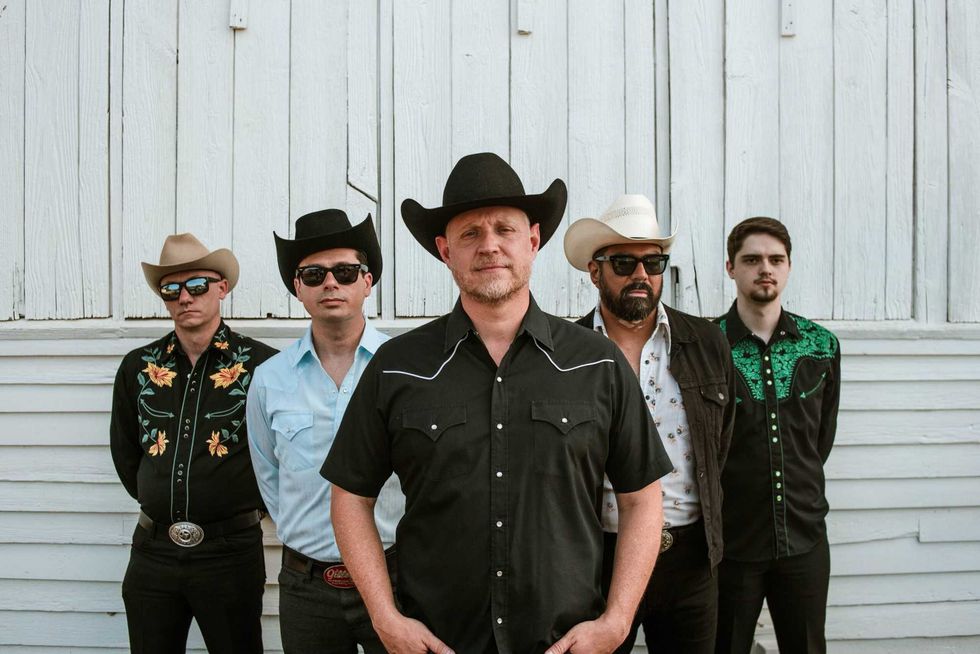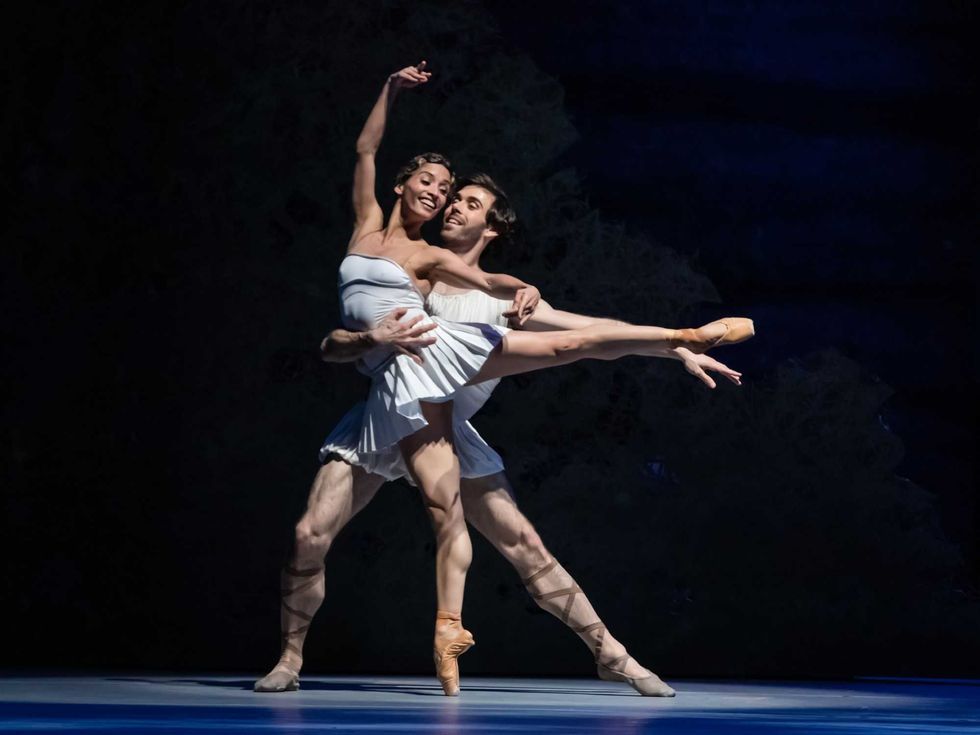CultureMap Interview
The traveling virtuoso: Joshua Bell discusses his Houston concert and his $8million violin
 Photo by Mark Hom
Photo by Mark Hom Joshua BellPhoto by Eric Kabik
Joshua BellPhoto by Eric Kabik Bell partners with with pianist Sam Haywood for a recital tour, making a stop inHouston on Jan. 20 hosted by the Society for Performing Arts.
Bell partners with with pianist Sam Haywood for a recital tour, making a stop inHouston on Jan. 20 hosted by the Society for Performing Arts.- With pianist Jeremy Denk, Bell's French Impressions album reaches the shelves onJan 10.
Like Niccolò Paganini, whose virtuosic abilities were rumored to have been attributed to being possessed by the devil, pianist Franz Liszt and young Mozart, the tradition of the traveling classical music whiz is very much alive today despite our exponentially increasing access to anything and everything.
Amid a handful of household names in the scene, Joshua Bell is a standout as a child prodigy who didn't disappear from the stage, nor have his debonair looks vanished with age. In concert, he's always comfortably dressed down, opting for an untucked black button-down in lieu of constricting formal wear.
Bell may be comfy during performance, but he's serious about music making, having left a potential career in tennis to embrace the suitcase lifestyle of an on-the-road performing artist.
Having just celebrated his 44th birthday, Bell shows no signs of slowing down. He recently released an album, French Impressions, in collaboration with a close friend, pianist Jeremy Denk, whose Da Camera of Houston recital last year was very well received by local audiences.
Bell's recital tour with pianist Sam Haywood restarts in Houston Friday at Jones Hall hosted by Society for the Performing Arts. From there on, they take off to New Jersey, Washington, D.C., Chicago, California and Florida.
While taking a short break in Vegas, CultureMap spoke with the busy fiddler via conference call, after he just hailed a cab en route to the airport. For Bell, life never stops.
Q: In French Impressions, you recorded three monsters of the violin repertoire, including Franck's Sonata for Violin and Piano, a work that is overdone and transcribed for almost every instrument. But for you, its more meaningful, I assume, as it was written for the wedding of your teacher's teacher.
Eugene Ysaÿe taught Josef Gingold, with whom you studied at Indiana University. How much of Gingold is in your interpretation of the Franck Sonata? Did you ever hear him play it? Has the piece changed since you first learned it when you were 12 years of age?
A: I never actually heard Gingold play the piece from beginning to end. He was not a teacher that told you how to play something; he was more of a guide. His musical ideas are reflected in everything I do. What I loved about his teaching style is that he tried to lead me to my own view of the piece. That's the sign of a great teacher.
How has the piece changed? It has. I recorded it 20 years ago in another French album with works by Debussy and Faure. It's quite different now, though I haven't listened to that recording in a while.
The Franck has so much inside. It's impactful with subtlety of shading and constantly shifting sound worlds.My performance also is affected by the instrument I am playing as each violin can achieve different colors of sound. This music is much more about colors and nuance, so that also determines what you can do with the piece.
Q: Your 1713 Gibson ex-Huberman Strad has quite the history of disappearing from previous ownership, I believe it was stolen twice before it was recovered 50 years later in 1985. Have you had any close calls yourself? I'd be a nervous wreck carrying something worth how many million?
A: Eight million dollars. I haven't had any close calls, thankfully, and haven't had any terrible things happen to my Stradivarius. I protect it as if it were my baby, though there have been instances where as a result of the weather, the seams opened up and I had to find a violin maker that could help the situation quickly.
For a 300-year-old instrument, it's stood up very well. Yes, the history of the violin itself includes a couple of thefts. It's had quite a history of things happening to it.
Q: Last spring, you were announced as the new music director of the Academy of St. Martin in the Fields, making you the first successor since Sir Neville Marriner founded the ensemble in 1958. What are your plans with the orchestra?
A: My first recording, when I was 18 years old, was of the Bruch and Mendelssohn concerti with the Academy of St. Martin in the Fields and Sir Neville Marriner, so you can imagine I am quite fond of the musicians. What I will be doing with the orchestra is quite different from what Marriner did. He made a recording like every two weeks (laughs). That's crazy, though amazing work came out of that.
I will be directing with the violin sitting as concertmaster, leading with my instrument. It feels more like chamber music. It's more electric so every single person and musician can feel like they are on the edge of their seat. That doesn't always happen with a larger orchestra with a conductor in front.
There's a special chemistry here, and I am very excited the appointment. I am not trying to replace Marriner. I am taking my own path. We'll see where it goes, but I feel this is a good start.
Q: For the upcoming Society for the Performing Arts recital at Jones Hall, your program seems to be some sort of a travelog, chronolog. Was that on purpose?
A: It wasn't necessarily designed to be chronological, that's just the way it came out. I do think of connections between the works so I present a balanced program. The Mendelssohn Sonata in F major is not often performed since it was discovered 40 years ago. It's incredibly beautiful and joyous, which contrasts the dark character of the Brahms (Violin Sonata No. 3 in D minor, Op. 108).
There is a connection between Ravel (Sonata for Violin and Piano) and Ysaÿe (Violin Sonata in D minor, Op. 27, No. 3 "Ballade") and of course, Ravel and Gershwin (Three Preludes) inspired each other.
Q: Do you think of yourself as a music historian?
A: A part of the job is being aware of history, so you know where the composer is coming from. The more information you have, the more it helps validate your musical insight, especially when you are performing live. Think of an actor performing Hamlet. It's important to understand the context because in the end, you are telling a story that should feel current and relevant.
Compared to some of my colleagues, I may not read every book written about the composer. I think it's important, but don't really obsess that much.
The Society for the Performing Arts presents violinist Joshua Bell in recital with pianist Sam Haywood at Jones Hall on Friday at 8 p.m. Tickets are $30 - $70 and can be purchased online or by calling 713-227-4SPA.

